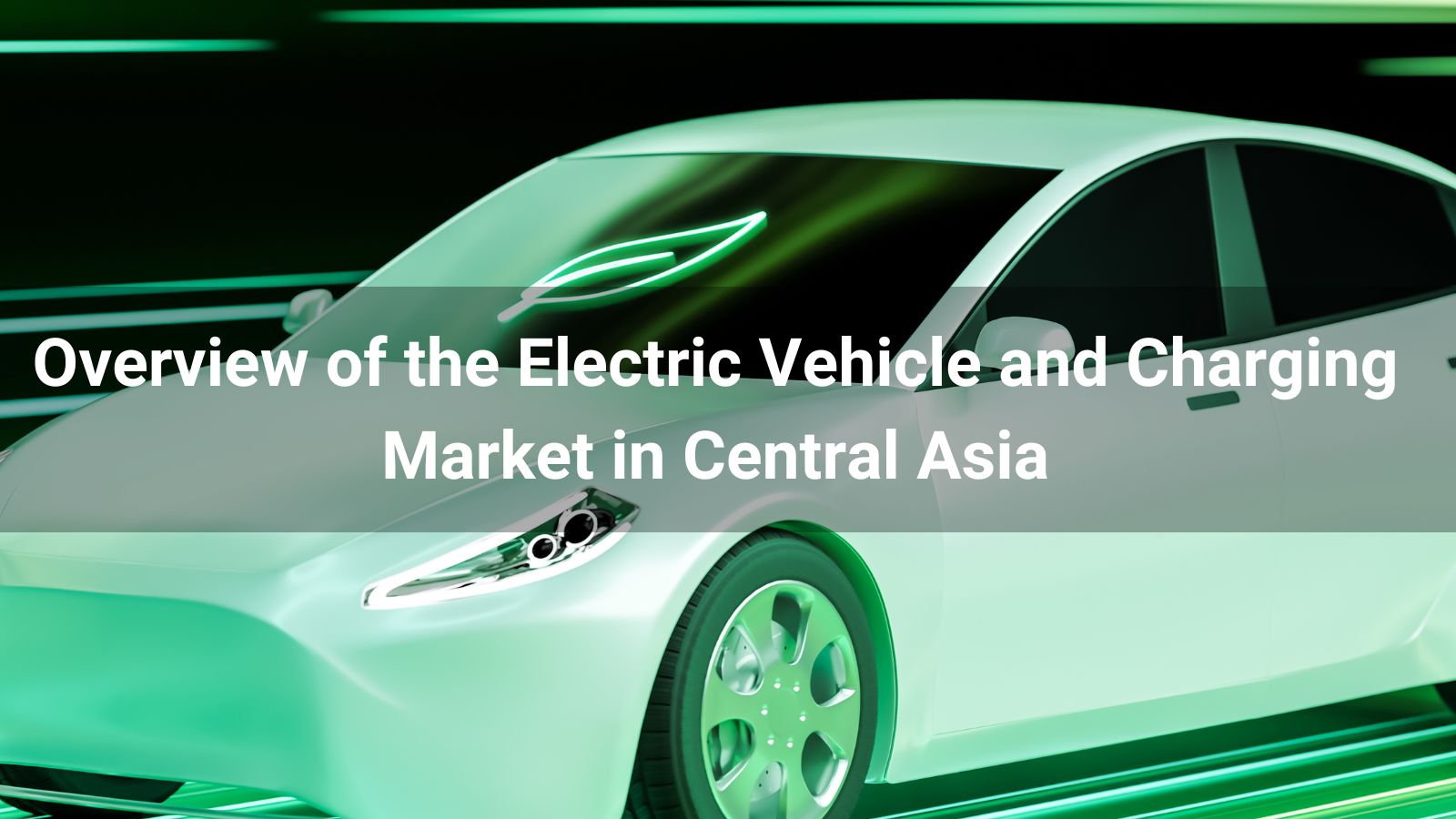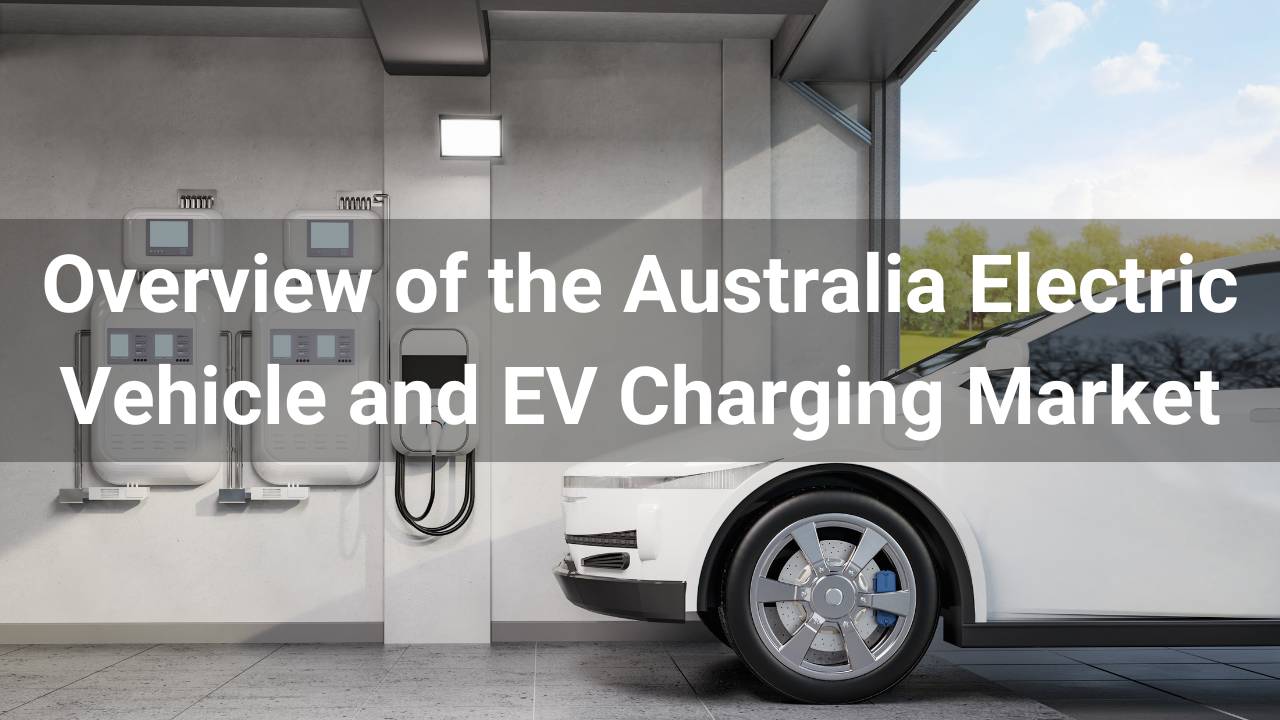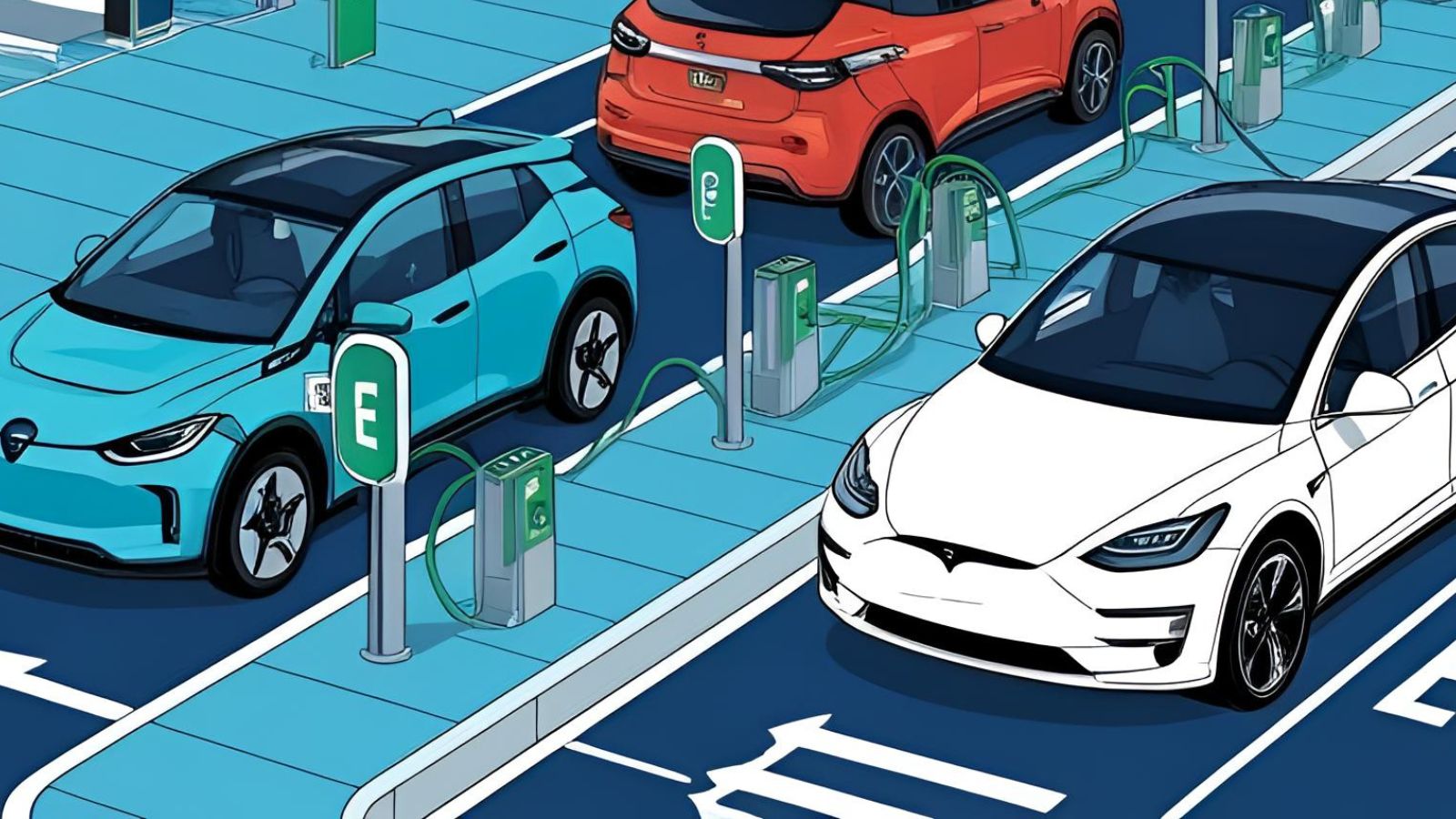Charging into the Future: Strategic Insights on Honduras’ EV Infrastructure Market
_1754117788_WNo_1600d900.webp)
Introduction
As the global shift towards electric vehicles (EVs) accelerates, Central American nations like Honduras are beginning to recognize the growing need for infrastructure development to support sustainable transportation. With the rapid expansion of electric vehicle adoption worldwide, the demand for reliable and efficient EV charging stations is expected to increase significantly in the coming years. For companies like Anari Energy, a world leader in new energy charging piles, Honduras presents both challenges and opportunities for market penetration, driven by evolving national policies, market development trends, and the country’s specific energy needs. In this report, we will explore the current state of EV charging infrastructure in Honduras, examine local opportunities for development, and analyze the strategic fit of Anari Energy's advanced charging pile products in addressing these challenges and needs.
1. Honduras’ EV Charging National Policies and Regulatory Environment
Honduras, like many other countries in Latin America, is beginning to introduce regulations and policies that aim to encourage the adoption of electric vehicles (EVs). While EV penetration is still in its early stages compared to other regions, there are positive signs of governmental intent to foster the growth of the sector. The Honduran National Energy Plan, which outlines the country’s energy transition strategy, has placed emphasis on reducing reliance on fossil fuels and increasing the share of renewable energy sources. The government has committed to enhancing the availability of electric vehicles and the necessary infrastructure, but this transition is gradual and heavily dependent on foreign investment and technological advancement.
1.1 Key Policies
-
Tax Exemptions: The Honduran government has granted tax exemptions for EV imports, which has significantly reduced the upfront cost of electric vehicles.
-
Incentives for Charging Infrastructure: There are emerging discussions within regulatory bodies about offering incentives for private investments in EV charging infrastructure, though formalized policies are still in development.
-
Renewable Energy Integration: Given the country’s natural resources (hydropower and solar), the government is likely to favor charging solutions that align with renewable energy initiatives.
This regulatory environment presents both opportunities and challenges. On one hand, the absence of stringent regulatory barriers provides flexibility for early movers in the EV infrastructure space. On the other hand, the lack of fully developed policies presents risks related to uncertainty in investment returns.
2. Current Market Development Status and EV Adoption Trends in Honduras
The EV market in Honduras is in the early adoption phase, with a small but growing fleet of electric vehicles in urban areas like Tegucigalpa and San Pedro Sula. The country’s electric vehicle market is largely driven by environmental concerns, urban air quality improvement goals, and international commitments to reduce carbon emissions. Currently, there are limited EV charging stations across the country, primarily located in large urban centers or near eco-conscious commercial establishments. However, this nascent infrastructure is unlikely to meet the future demand for charging as the number of EVs increases.
2.1 Key Challenges
-
Limited Charging Network: As of now, the number of public EV chargers remains insufficient, with most charging points being slow chargers or installed at private businesses.
-
Consumer Awareness: Despite rising interest, consumer knowledge about EVs and the associated benefits remains low, which hampers rapid adoption.
-
High Upfront Investment: The initial cost of establishing EV charging stations, coupled with the relative unfamiliarity with EV technology, has deterred many local businesses and potential investors from entering the market.
3. Opportunities in the Honduran EV Charging Market
Despite these challenges, several opportunities exist for businesses like Anari Energy to expand their presence in the Honduran market.
3.1 Government Support
As the government formulates more concrete policies and incentives for EV adoption, there is significant potential for investment in the charging infrastructure sector. The upcoming Central American Integration System (SICA) policies may create a unified framework for the expansion of clean energy infrastructure, including charging stations.
3.2 Renewable Energy Synergies
Honduras’ renewable energy sector presents opportunities for integrated solutions. With a high share of hydropower and solar energy, there is potential to develop sustainable charging stations powered by clean energy, which would appeal to eco-conscious consumers and align with government policies.
3.3 Rising EV Adoption
As both local and international brands expand their electric vehicle offerings in the region, demand for charging infrastructure will rise. This will create opportunities for rapid deployment of charging stations to meet future needs.
3.4 Public-Private Partnerships
Potential partnerships with the private sector—such as retail chains, shopping malls, and hotel chains—could enable the development of EV charging networks at strategic locations.
4. Challenges for Anari Energy in Honduras
While the opportunities are promising, there are several challenges to consider for Anari Energy in its pursuit of the Honduran market.
4.1 Infrastructure Limitations
The country’s electrical grid and infrastructure may not yet be fully ready to support widespread EV charging, especially fast-charging stations, which may require upgrades to local grids.
4.2 Market Education
Given the relatively low consumer awareness about EVs and the charging infrastructure required, there is a need for educational campaigns to drive interest and usage.
4.3 Competition
As international companies increasingly turn their attention to Latin America, the Honduran market will become more competitive. Local companies may also begin to develop their own charging solutions, presenting a challenge for market entry.
5. The Strategic Fit of Anari Energy’s Products
Anari Energy’s range of Vulco DC Series chargers (with charging powers of up to 360kW) is well-positioned to address the growing demand for both high-power fast charging solutions and grid-compatible, scalable infrastructure in Honduras.
5.1 Key Advantages
-
Adaptability to Local Conditions: Anari’s chargers are designed to be adaptable to both high-density urban settings and remote areas where grid connections are less stable.
-
High Efficiency: The Vulco DC Series offers rapid charging solutions that would significantly reduce the waiting time for EV owners, addressing one of the key barriers to EV adoption in markets like Honduras.
-
Renewable Integration: Anari Energy’s commitment to renewable energy integration into charging stations aligns well with Honduras’ push for clean energy solutions. This will make Anari’s products attractive to both private investors and government entities looking to develop sustainable EV infrastructure.
-
Scalable Infrastructure: Anari Energy’s flexible, scalable solutions ensure that initial investments in charging stations can grow with the market. This is particularly important in a developing market like Honduras, where future growth in EV adoption is expected.
Conclusion
Honduras presents both challenges and opportunities for the growth of EV charging infrastructure. While the market is in its early stages, government policies, renewable energy potential, and rising demand for electric vehicles all point to significant growth in the coming years. Anari Energy’s advanced charging solutions, such as the Vulco DC Series, offer a strategic advantage in this market, with the potential to lead the way in providing fast, efficient, and renewable-compatible charging stations. By leveraging its technological expertise and focusing on the specific needs of the Honduran market, Anari Energy can play a pivotal role in accelerating the transition to electric mobility in Honduras, contributing to both the country’s sustainability goals and the broader regional shift towards clean transportation.
Read more:

You Might Also Like...
-

Overview of the Electric Vehicle and Charging Market in Central Asia
2026 Feb,05 -

Overview of the Australia Electric Vehicle and EV Charging Market
Australia's electric vehicle (EV) market is rapidly expanding, with Tesla leading the high-end segment and Chinese brands like BYD gaining traction among mid-to-low-end consumers.2026 Feb,05 -

List of 60 EV Charging Companies in 2026
EV charging companies are at the forefront of this revolution, driving the transition to sustainable transportation through innovative technologies and expansive networks. Below is a list of 60 leading EV charging companies worldwide in 2026, showcasing the key players shaping the future of mobility.2026 Jan,26












